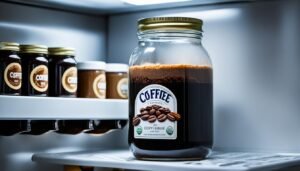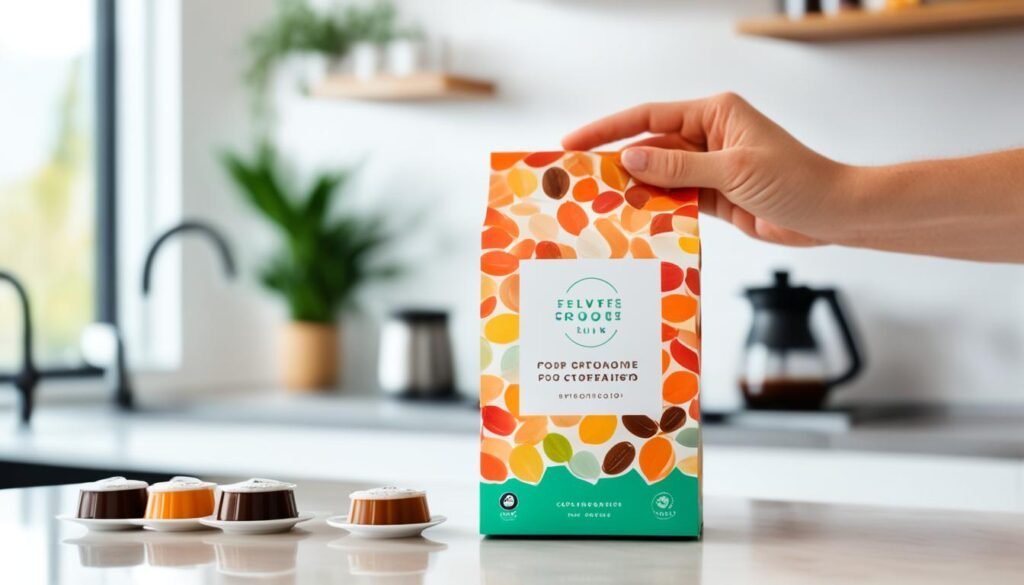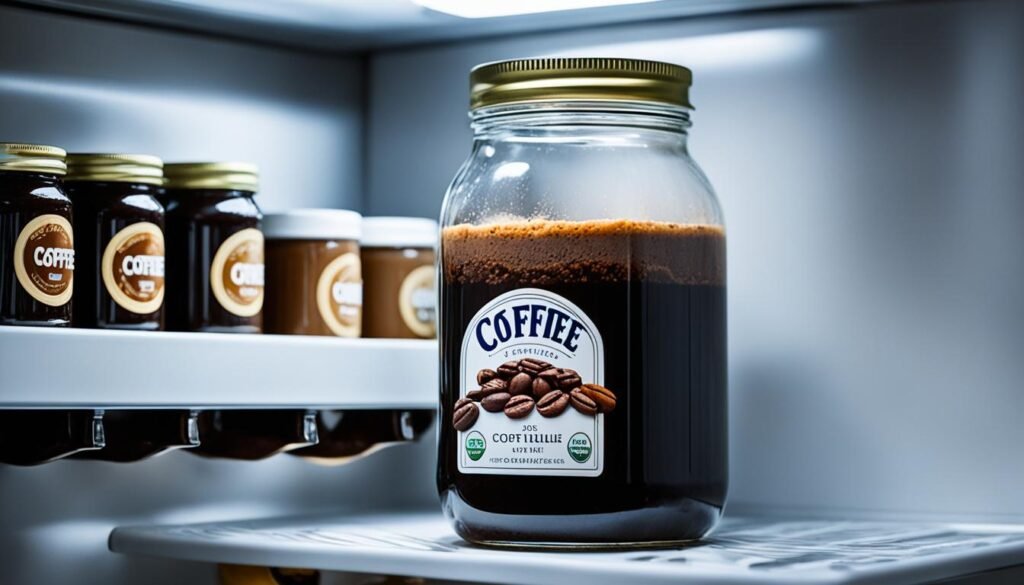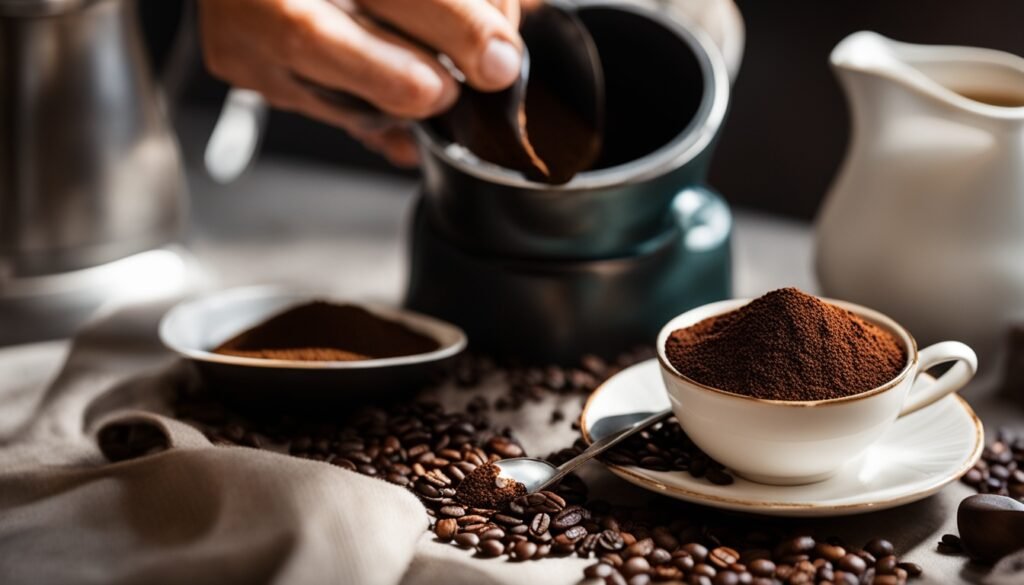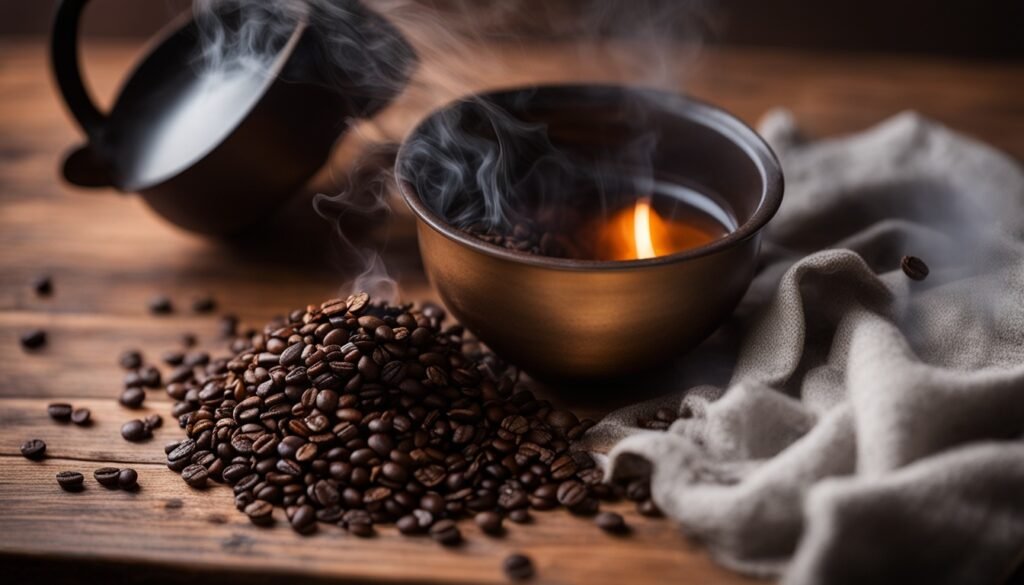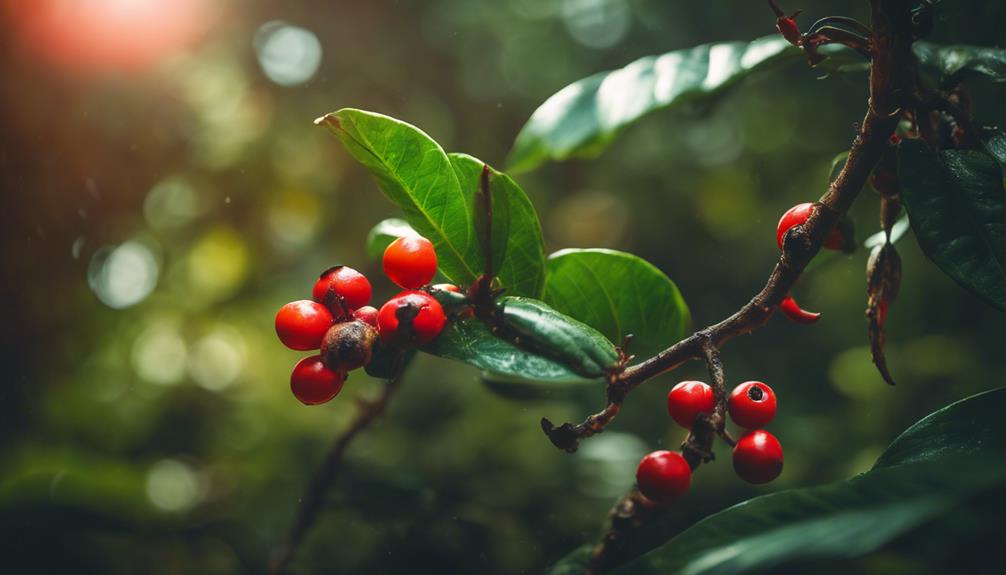If you’re someone who suffers from GERD, or acid reflux, you may be all too familiar with the discomfort of heartburn and indigestion. Omeprazole is a medication commonly prescribed to manage these symptoms by reducing the amount of acid produced in your stomach. However, if you’re an avid coffee drinker, you may be wondering how soon after taking omeprazole you can indulge in your favorite beverage without aggravating your symptoms.
The answer to this question isn’t entirely straightforward since it can depend on several factors such as your individual tolerance for coffee and how well your body metabolizes omeprazole. In general, though, it’s recommended that you wait at least 30 minutes after taking omeprazole before consuming anything other than water. This includes coffee since its acidity can potentially counteract the effects of the medication and cause irritation in your digestive system.
Nonetheless, there are some best practices for enjoying coffee while managing GERD that we’ll discuss further in this article.
How Omeprazole Affects the Stomach
Omeprazole slows down the production of stomach acid, making it more difficult for the body to break down food. This is because the drug belongs to a class of medications known as proton pump inhibitors (PPIs), which work by blocking an enzyme in the stomach that produces acid.

The reduction in stomach acid is beneficial for those who suffer from conditions such as gastroesophageal reflux disease (GERD) and peptic ulcers, but it can also have some side effects. One of these is delayed gastric emptying, which means that food stays in the stomach longer than usual.
As a result, it may take longer for your body to digest your meals properly.
Best Practices for Consuming Coffee
When consuming coffee after taking omeprazole, it’s best to wait at least 30 minutes before drinking.
Additionally, it’s recommended to limit your coffee intake and choose low-acid options to avoid irritating the stomach lining.
These best practices can help minimize any potential side effects and allow you to still enjoy a cup of coffee without compromising your health.
Wait at Least 30 Minutes After Taking Omeprazole
After popping that little purple pill, it’s best to give yourself at least a half hour before sipping on your morning cup of joe. Omeprazole is a proton pump inhibitor medication used to treat gastroesophageal reflux disease (GERD) and other related conditions. It works by reducing the amount of acid produced in the stomach. This enables any damage from acid reflux to the esophagus, throat, and stomach lining to heal.
Here are four reasons why you should wait at least 30 minutes after taking omeprazole before drinking coffee:
- Caffeine can increase the production of stomach acid, which can counteract the effects of omeprazole.
- Coffee is acidic in nature and can irritate an already inflamed esophagus or stomach lining.
- Omeprazole takes time to work its way into your system and needs time to fully suppress acid production.
- Waiting at least 30 minutes will ensure that your body has enough time to absorb the medication properly before introducing any potential irritants like coffee.
By waiting at least half an hour after taking omeprazole before drinking coffee, you give your medication enough time to start working effectively without any interference from caffeine or acidity. This will help reduce symptoms such as heartburn, chest pain, or nausea caused by GERD or other similar conditions while also allowing you to enjoy your favorite beverage without any negative side effects.
Limit Your Coffee Intake
To minimize symptoms of GERD and related conditions, it’s best to limit your intake of coffee. While many people enjoy a cup of coffee in the morning to start their day, consuming too much caffeine can actually worsen symptoms such as heartburn, acid reflux, and stomach ulcers.
Coffee is known to stimulate the production of stomach acid, which can increase discomfort and irritation in the stomach lining. If you are taking omeprazole for these conditions, it’s important to be mindful of your coffee consumption. While waiting at least 30 minutes after taking omeprazole before drinking coffee can help ensure proper absorption of the medication, you should also consider reducing your overall intake or switching to decaf if possible.
It may also be helpful to monitor how your body reacts to different amounts of caffeine and adjust accordingly. By limiting your coffee intake and being conscious of its effects on your body, you can help manage symptoms associated with GERD and similar conditions.
Choose Low-Acid Coffee
If you’re looking for a way to continue enjoying your morning cup of joe without exacerbating symptoms of GERD, consider switching to low-acid coffee. Regular coffee can be high in acid content, which can trigger heartburn and other GERD symptoms.
- Certified Organic low acid coffee blend easy on the tummy
Prices pulled from the Amazon Product Advertising API on:
Product prices and availability are accurate as of the date/time indicated and are subject to change. Any price and availability information displayed on [relevant Amazon Site(s), as applicable] at the time of purchase will apply to the purchase of this product.
Low-acid coffees are made from beans that have been roasted longer, resulting in a smoother taste with less acidity. There are many brands of low-acid coffee available on the market today. Some popular options include Puroast, Tieman’s Fusion Coffee, and HealthWise Coffee.
These brands offer a range of flavors and roasts to suit any taste preference. By choosing low-acid coffee, you can still enjoy your daily caffeine fix without worrying about aggravating your GERD symptoms.
Alternative Beverages to Coffee
Sipping on a refreshing glass of iced tea or indulging in a creamy latte made with almond milk can be just as satisfying as a cup of coffee. If you’re looking for an alternative to coffee, there are plenty of options available that can provide the same energy boost without the acidity.
Here are some beverages to consider:
Herbal tea: Herbal teas like chamomile, peppermint, and ginger can help soothe your stomach while providing a caffeine-free pick-me-up.
Green tea: Green tea contains less caffeine than coffee but still provides an energy boost. It also has antioxidants that can benefit your health.
Matcha: Matcha is a type of green tea that’s ground into a fine powder and mixed with water. It has more caffeine than regular green tea and is known for its calming effects.
By exploring these alternatives, you may find that you don’t need coffee to get through your day. Plus, trying new beverages can be fun and exciting!
Lifestyle Changes to Manage GERD
Managing your GERD can be done through lifestyle changes, such as adjusting your diet and eating habits. One of the most important things you can do is to avoid foods that trigger your symptoms. Common triggers include spicy or acidic foods, carbonated beverages, chocolate, and alcohol.
You may also want to eat smaller meals more frequently throughout the day rather than three large meals. Another important factor in managing GERD is maintaining a healthy weight. Excess weight puts pressure on the stomach and can contribute to reflux symptoms. Regular exercise can help with weight management as well as improve digestion and reduce stress levels which can also exacerbate GERD symptoms.
Additionally, it’s recommended to wait at least two hours after eating before lying down or going to bed as this allows enough time for food to digest properly and reduces the likelihood of reflux occurring during sleep. By implementing these lifestyle changes into your daily routine, you may find relief from GERD symptoms without having to rely solely on medication.
Consult with Your Doctor
When it comes to managing GERD and coffee consumption, it’s important to consult with your doctor.
They can provide guidance on how much coffee you can safely drink while taking medication such as omeprazole.
Additionally, if you find that your current medication regimen isn’t effective, they may suggest adjusting your dosage or trying a different medication altogether.
And if symptoms persist despite these efforts, seeking further treatment options may be necessary.
Discussing Coffee Consumption with Your Doctor
Asking your doctor about incorporating coffee into your routine can open up a world of possibilities for your morning pick-me-up. It’s important to discuss caffeine consumption with your doctor, especially if you’re taking medications like omeprazole.
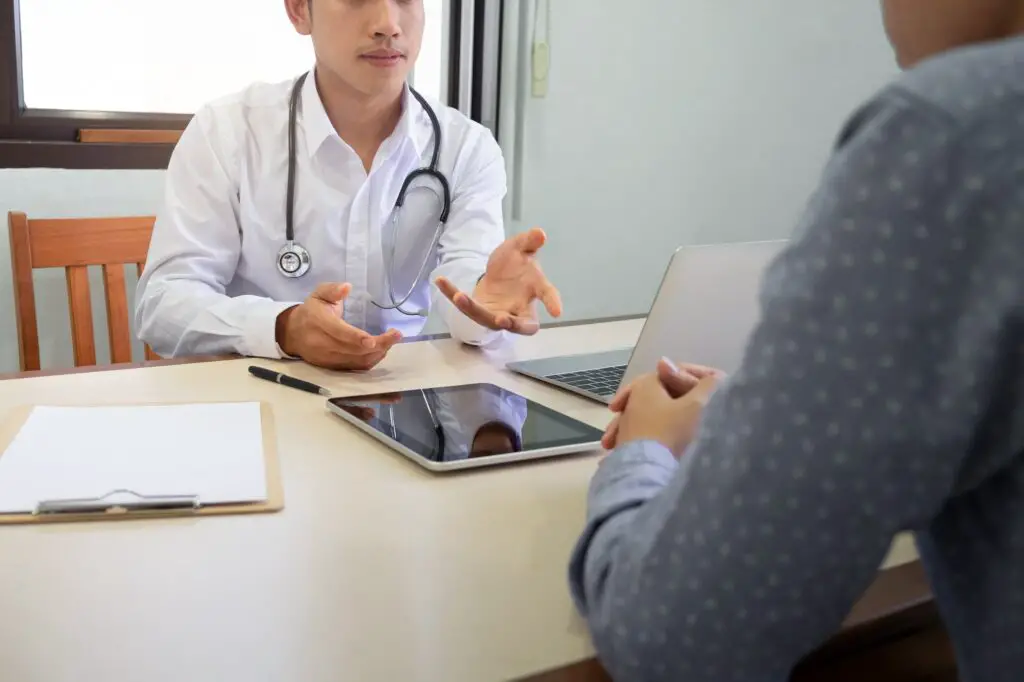
Your doctor can provide personalized advice and guidance based on your unique medical history and current medication regimen. When discussing coffee with your doctor, be sure to mention any symptoms or side effects you may have experienced in the past when consuming caffeine.
This information can help your doctor determine whether coffee is safe for you and what dosage is appropriate. Additionally, they may recommend waiting a certain amount of time after taking omeprazole before drinking coffee to avoid potential interactions.
By having an open conversation with your healthcare provider, you can enjoy the benefits of a morning cup of joe without compromising on your health and wellbeing.
Adjusting Your Medication as Needed
To ensure your medication is working effectively, it’s important to regularly check in with your doctor and let them know if you’re experiencing any new symptoms or changes in your health. This is especially true if you’re taking omeprazole, which can interact with other medications and cause unwanted side effects. Your doctor may need to adjust your dosage or switch you to a different medication altogether.
When it comes to coffee consumption while on omeprazole, it’s always best to consult with your doctor first. They may recommend that you avoid drinking coffee altogether or suggest that you wait a certain amount of time after taking the medication before having your morning cup of joe.
It’s also important to keep track of any symptoms that may arise after consuming coffee, such as heartburn or acid reflux, as this could indicate that the combination of coffee and omeprazole isn’t working well for you.
By staying proactive about monitoring your medication use and communicating openly with your healthcare provider, you can help ensure that you’re getting the most out of your treatment plan.
Seeking Further Treatment if Necessary
If you’re still experiencing discomfort despite adjusting your medication, it’s crucial to seek further treatment from your doctor. Omeprazole is a proton pump inhibitor that helps reduce the amount of acid produced in the stomach. However, if your symptoms persist even after taking this medication for an extended period, it may indicate an underlying condition that requires medical attention.
Your doctor may recommend additional tests or procedures to identify the root cause of your symptoms and provide appropriate treatment. In some cases, lifestyle changes such as avoiding certain foods or beverages and losing weight can also help alleviate symptoms.
Remember that seeking further treatment is essential to prevent complications and improve your quality of life.
Conclusion
Well, well, well. So you’re a coffee addict who’s been taking omeprazole for your GERD? You must be wondering when you can finally indulge in that sweet nectar of the gods again. Fear not, dear caffeine fiend, for I’ve got some good news and bad news for you.
Firstly, let’s get one thing straight – omeprazole isn’t your enemy. It’s actually doing you a favor by reducing the amount of acid your stomach produces. However, pairing it with coffee can cause some serious heartburn and stomach discomfort.
So if you absolutely can’t live without your daily dose of caffeine, wait at least 30 minutes after taking omeprazole before gulping down that steaming hot cup of joe. And make sure to drink it slowly to avoid irritating your already sensitive gut.
But here’s the catch – coffee isn’t exactly the healthiest beverage out there (cue gasps from all the coffee addicts). It can worsen GERD symptoms and cause dehydration due to its diuretic properties.
So why not try switching to other beverages like tea or low-acidic juices? Or better yet, opt for lifestyle changes like eating smaller meals throughout the day instead of three large ones or avoiding trigger foods like spicy dishes and alcohol altogether?
In conclusion, while it may be tempting to chug down a cup of coffee as soon as possible after taking omeprazole, it’s best to exercise caution and wait at least half an hour before indulging in this guilty pleasure. And who knows? Maybe trying out other beverages might just introduce you to a new favorite drink that’s both tasty and gentle on your stomach!




